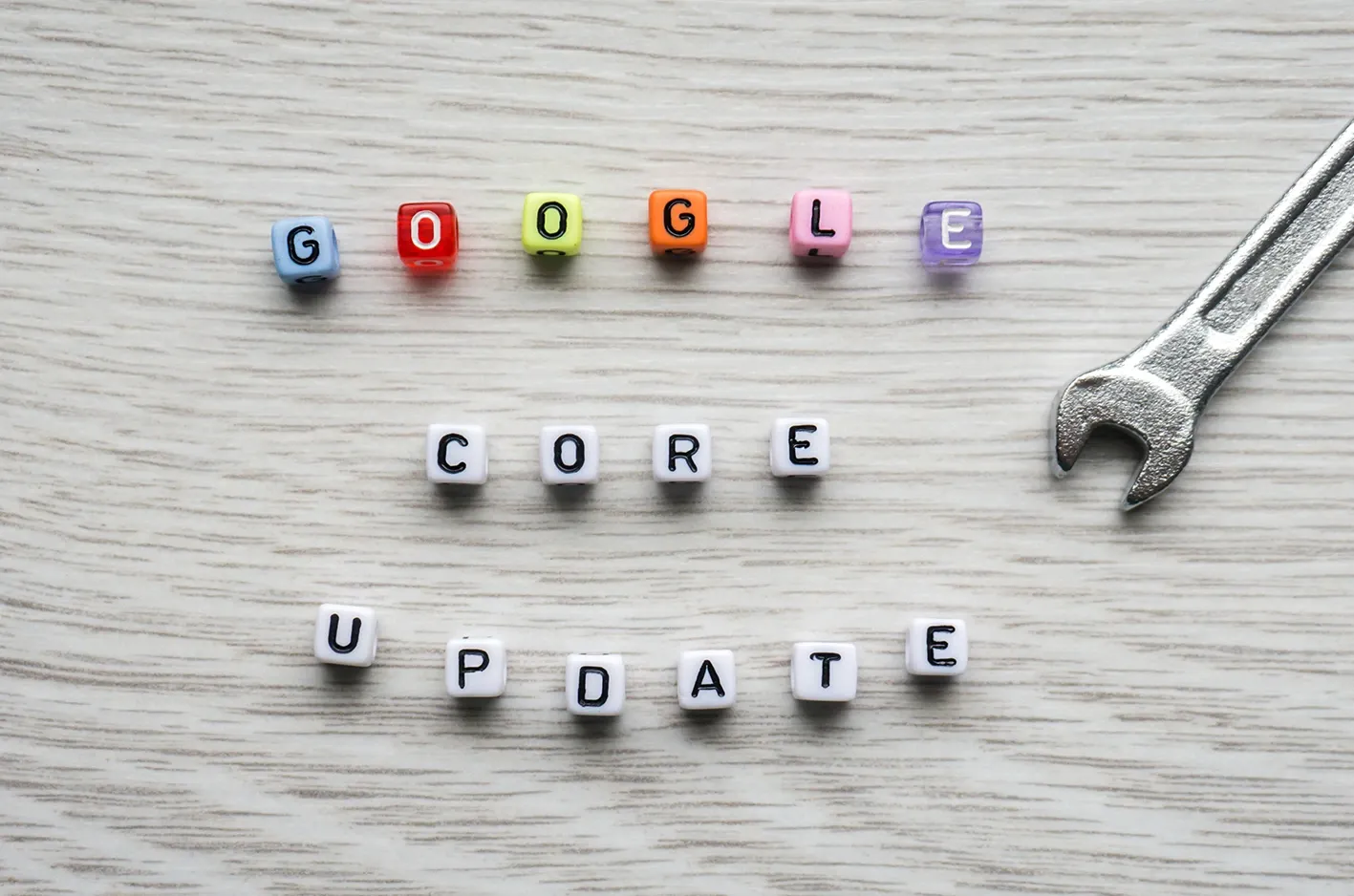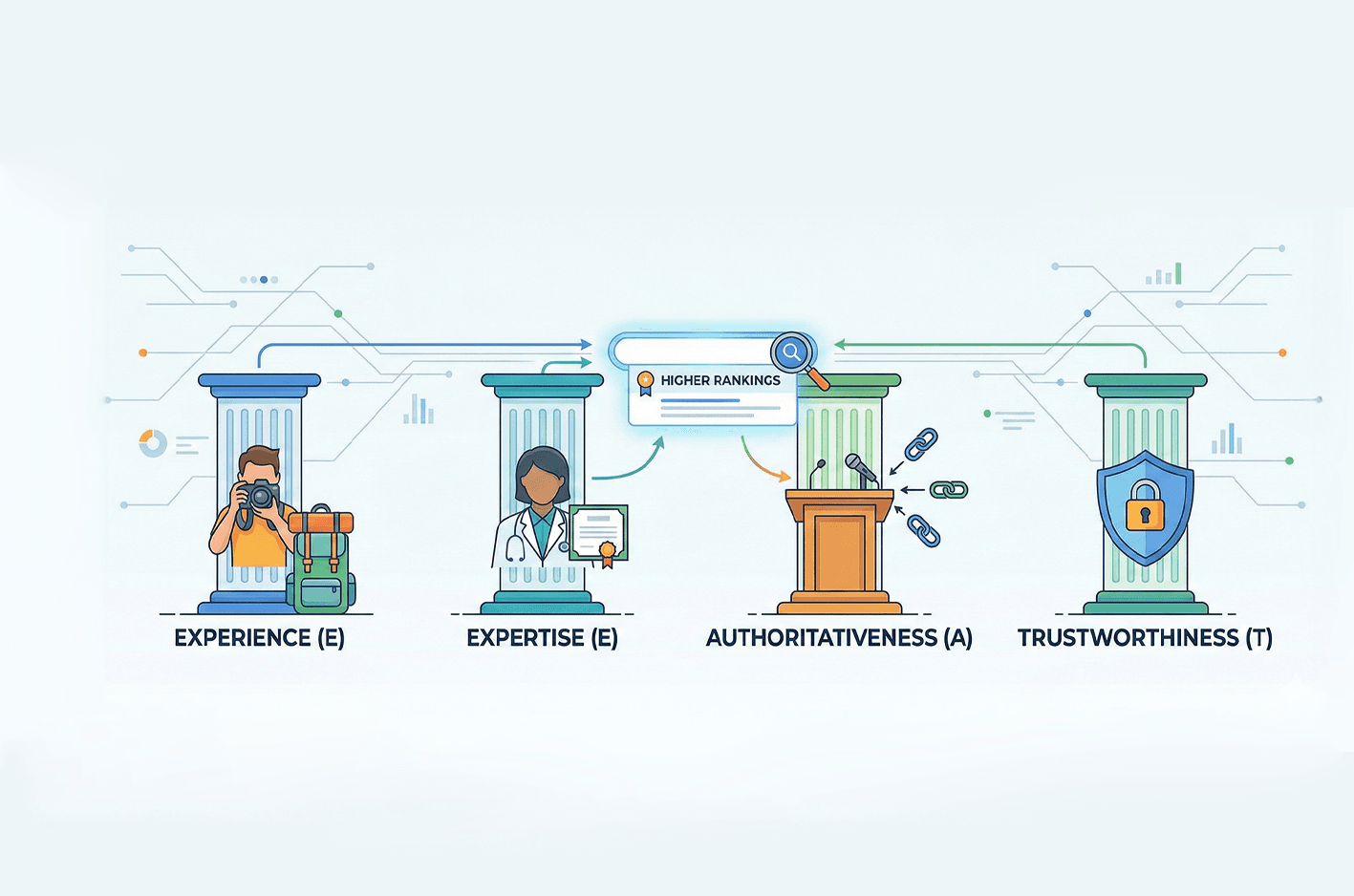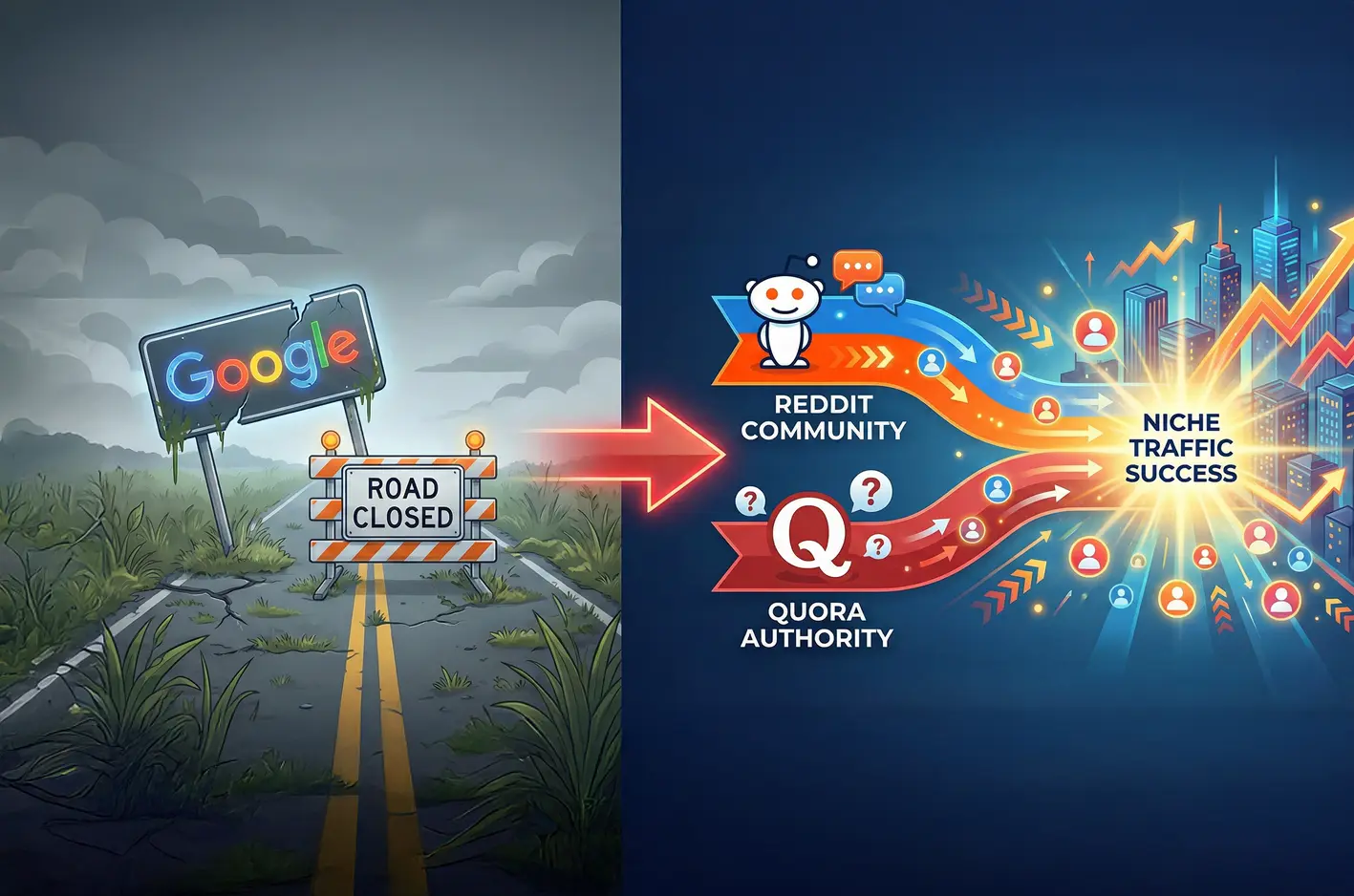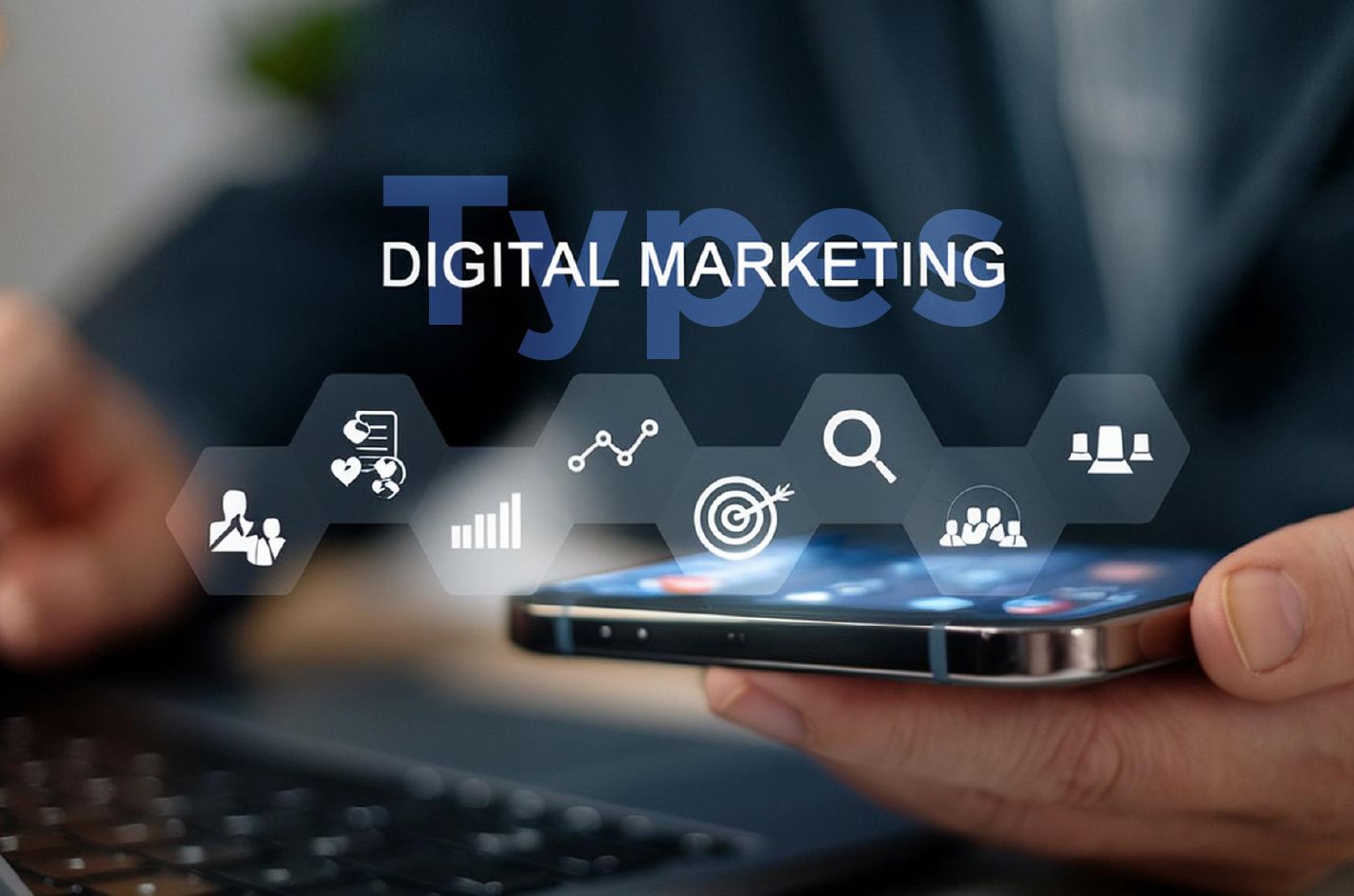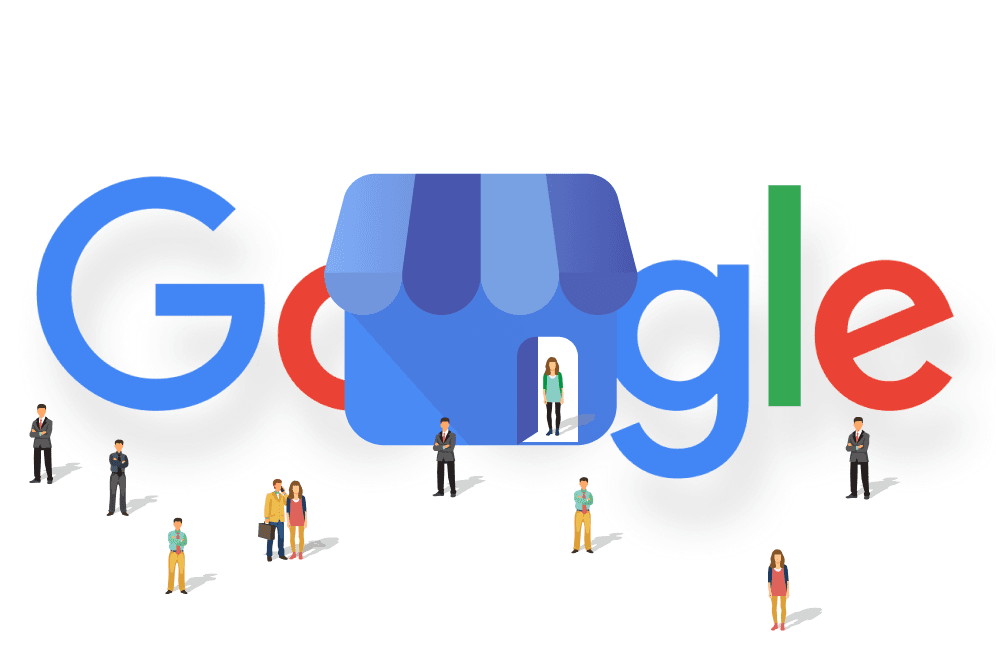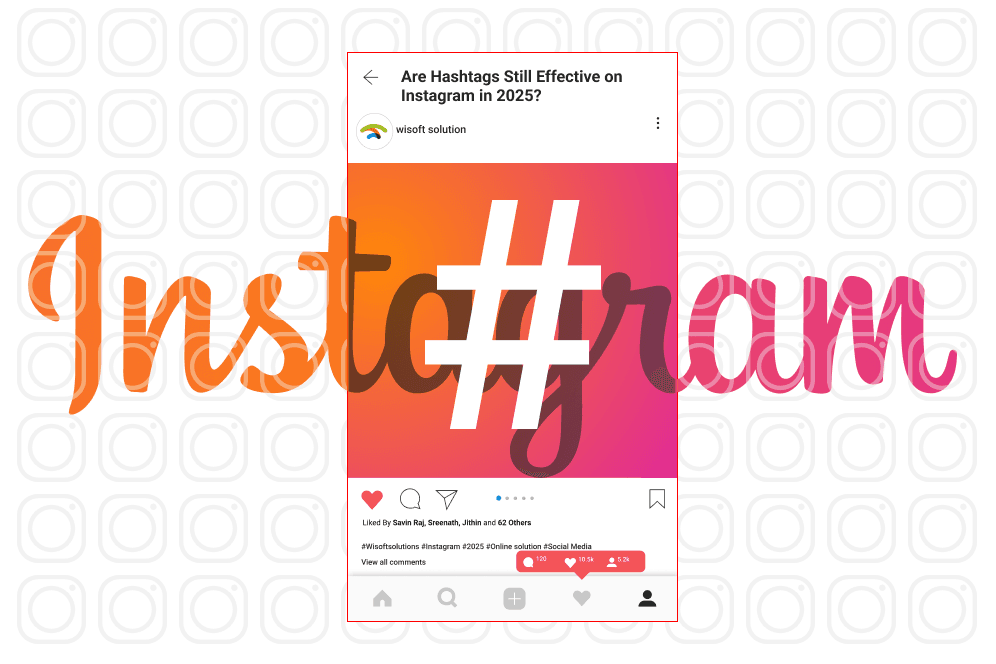What is Generative Engine Optimisation (GEO)? A Guide for Business Leaders
Reading Time: 7 min

That one line captures the shift we’re living through. Traditional SEO has always been about ranking high on Google. But with AI-powered engines like Google AI Overviews, Perplexity, Bing Copilot, and Gemini, users are now getting their answers directly in AI summaries—often without clicking through to a website.
According to SparkToro’s 2024 study, nearly 60% of searches in the US and EU end without a click. That means your brand could be producing great content, yet completely miss being seen.
This is why Generative Engine Optimisation (GEO) matters. It’s about making your content the one AI engines trust enough to quote. Done right, it ensures your brand becomes part of the answer—not just buried in the search results.
What is Generative Engine Optimisation (GEO)?
Generative Engine Optimisation (GEO) is the practice of structuring content so that AI-driven platforms can easily find, interpret, and cite it in their answers.
Unlike traditional SEO, which focuses on rankings, GEO focuses on visibility within AI-generated responses. These AI tools don’t simply index links—they read, interpret, and generate fresh answers using trusted sources.
Example: If someone asks Perplexity, “What are the best CRMs for small businesses?”—a well-optimised GEO article could make sure your brand or insights show up in that generated answer.
How is GEO Different from SEO?
The difference comes down to intent and outcome.
| SEO | GEO |
|---|---|
| Aim: Rank high in Google SERPs | Aim: Be cited in AI answers |
| Relies on keywords & backlinks | Relies on context & credibility |
| Content: Long-form blogs & pages | Content: Modular, snippet-ready chunks |
| Goal: Traffic & clicks | Goal: Citations, visibility, authority |
Think of it like this: SEO gets you on the stage, GEO gets you in the script.
Why is GEO Important for Businesses?
Because user behaviour has changed. People no longer want to scroll endlessly—they want instant answers.
- Zero-click searches are rising: Users often never leave the search page.
- Authority is everything: AI only cites brands it deems credible.
- Higher conversion quality: Clicks that do come through AI answers are usually warmer leads, because users have already been pre-qualified by the AI’s summary.
Example: A user asks Gemini, “Bestdigital marketing strategiesfor small businesses?” If Wisoft Solutions is cited as part of the answer, even without a click, the brand earns visibility and authority. And if the user clicks through, it’s often with real purchase intent.
How Do Generative AI Engines Work?
Generative AI engines like ChatGPT, Bing Copilot, and Perplexity work differently from Google search.
- They read content – scanning articles, blogs, forums, and even PDFs.
- They interpret context – understanding intent, not just keywords.
- They generate answers – pulling insights from trusted sources.
- They cite brands – when authority, clarity, and trust are established.
Example: Ask ChatGPT, “What’s the best way to boost e-commerce SEO?” It might not just pull from a blog—it could cite a Shopify case study, a HubSpot guide, or even a trusted digital agency’s blog.
That’s the future: being the source AI trusts.
How Can Businesses Optimise for GEO?
Here are seven key strategies (with conversational answers and examples) to help businesses get GEO right:
1. How Do You Build Brand Authority for GEO?
AI engines only cite brands they trust. That means you need to build digital authority signals.
- Publish expert-driven content (with author bios and credentials).
- Share original stats, research, or case studies.
- Appear in respected publications or podcasts.
Example: If Wisoft Solutions publishes an annual report on “Digital Marketing Trends in India,” and it gets cited by industry blogs, AI engines are more likely to view it as authoritative—and include it in answers.
2. What Role Does E-E-A-T Play in GEO?
E-E-A-T (Experience, Expertise, Authoritativeness, Trustworthiness) is critical.
- Experience: Share real-world examples, like campaign results.
- Expertise: Show author credentials and subject knowledge.
- Authority: Earn backlinks from high-trust sites.
- Trust: Be transparent with data, HTTPS, and contact details.
Example: A healthcare provider showing actual case studies (with anonymised data) will likely be cited more often than a blog offering vague “tips.”
3. Why Does Technical SEO Still Matter for GEO?
Because if search engines can’t crawl your site, AI can’t either.
- Keep your website fast and mobile-friendly.
- Use schema markup (FAQ, How-To, Product).
- Fix broken links and indexing issues.
Example: An e-commerce site that adds structured product data (reviews, pricing, availability) has a higher chance of being cited in an AI-generated “best product” recommendation.
4. How Should You Write Content for GEO?
Write like you’re answering a friend’s question. Be direct.
- Use Q&A style headings (like this blog).
- Keep answers clear, conversational, and fact-based.
- Expand with examples and context after the main answer.
Example: Instead of writing, “Email marketing is important for conversions,” write: “Email marketing boosts conversions because it nurtures leads. For example, brands that use segmented campaigns see 30% more engagement.”
5. What Formats Work Best for GEO?
AI doesn’t only read blogs, it also scans videos, infographics, and forums.
- Add transcripts to videos.
- Use infographics to explain data.
- Repurpose blogs into LinkedIn posts, Reddit answers, or Quora responses.
Example: A short explainer video on “Top 5 SEO mistakes to avoid” with captions is more likely to be cited than a text-only blog.
6. How Can Digital PR Boost GEO?
Mentions on third-party sites boost credibility.
- Pitch expert quotes to the media.
- Share unique research journalists want to cite.
- Guest post on respected industry blogs.
Example: If Wisoft is quoted in a Business Insider piece on “The Future of SEO in India,” it builds the authority signal AI engines need to include it in answers.
7. How Does Content Distribution Support GEO?
AI engines don’t just pull from your site, they scan everywhere.
- Join Q&A platforms like Quora and Reddit.
- Repurpose blogs into short-form LinkedIn updates.
- Encourage user-generated discussions about your brand.
Example: A SaaS founder answering Reddit threads like “Best CRM for startups?” increases the chance their insights appear in Perplexity’s answer box.
Why Wisoft Solutions is Trusted for GEO
When businesses in India explore GEO, many turn to Wisoft Solutions India because:
- They blend traditional SEO with GEO practices—so brands rank on Google and get cited in AI answers.
- They offer content, PR, and technical expertise tailored for AI visibility.
- Their strategies are outcome-driven, ensuring GEO isn’t just theory but a growth channel.
In short: Wisoft helps brands become the trusted sources AI engines prefer.
Conclusion
Generative Engine Optimisation isn’t the future—it’s the present. With AI-driven platforms rewriting how people find answers, GEO is the bridge between visibility and invisibility.
The businesses that adapt—by strengthening authority, optimising for conversational queries, and diversifying formats—will be the ones AI chooses to cite.
And with partners like Wisoft Solutions, brands can confidently step into this AI-first search world knowing their content won’t just exist online - it will be chosen, trusted, and amplified.
FAQs on Generative Engine Optimisation
1. What is generative engine optimisation?
Generative engine optimisation (GEO) is about structuring content so AI platforms like ChatGPT, Gemini, and Perplexity can find, understand, and cite it in answers.
2. How is GEO different from SEO?
SEO helps you rank on Google; GEO helps you appear in AI-driven answers. Together, they future-proof visibility.
3. Why should businesses invest in GEO?
Because more than half of searches end without clicks. GEO ensures your brand still gets visibility in AI-generated results.
4. What content formats work best for GEO?
Q&A blogs, videos with transcripts, infographics, and expert-driven research.
5. How can Wisoft Solutions help with GEO?
Wisoft combines SEO and GEO, helping businesses build authority, create AI-friendly content, and secure citations in AI-driven search results.





